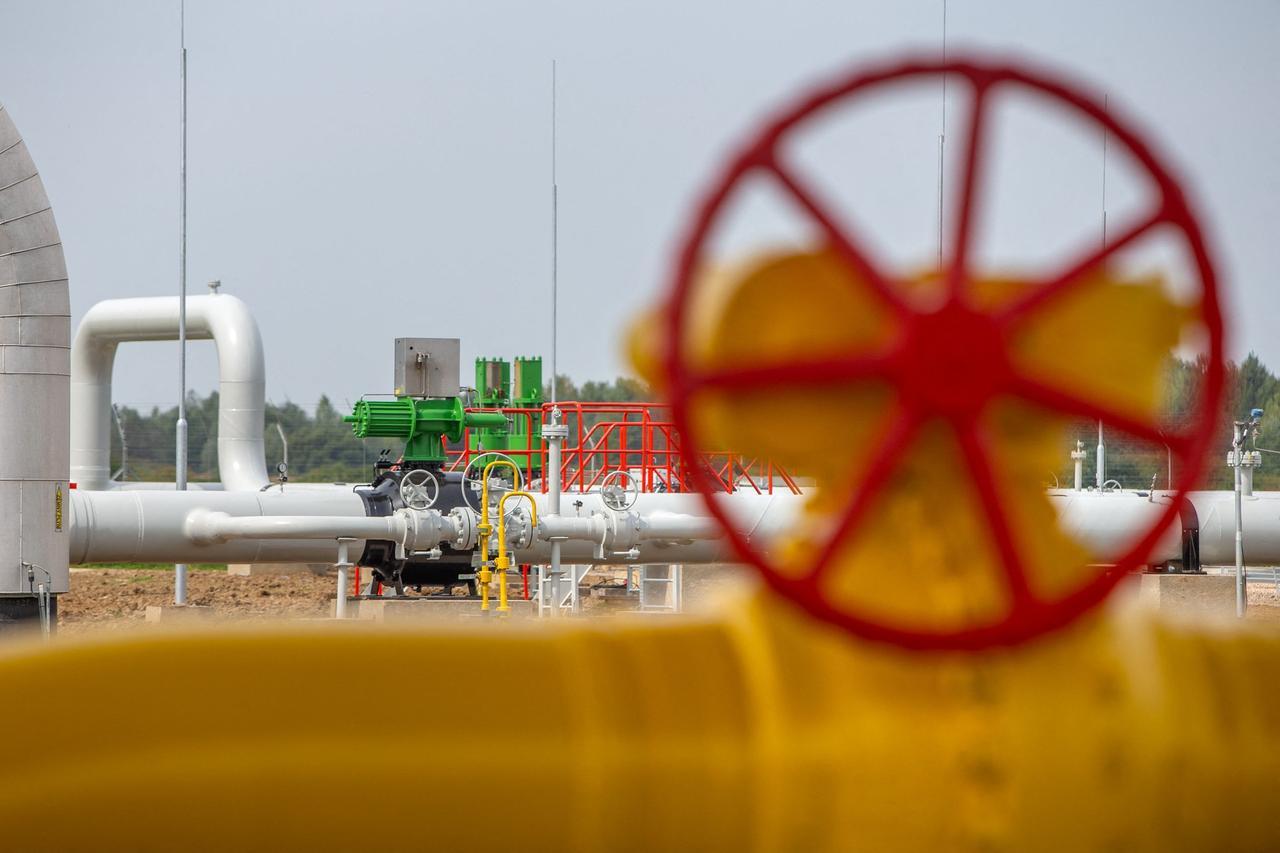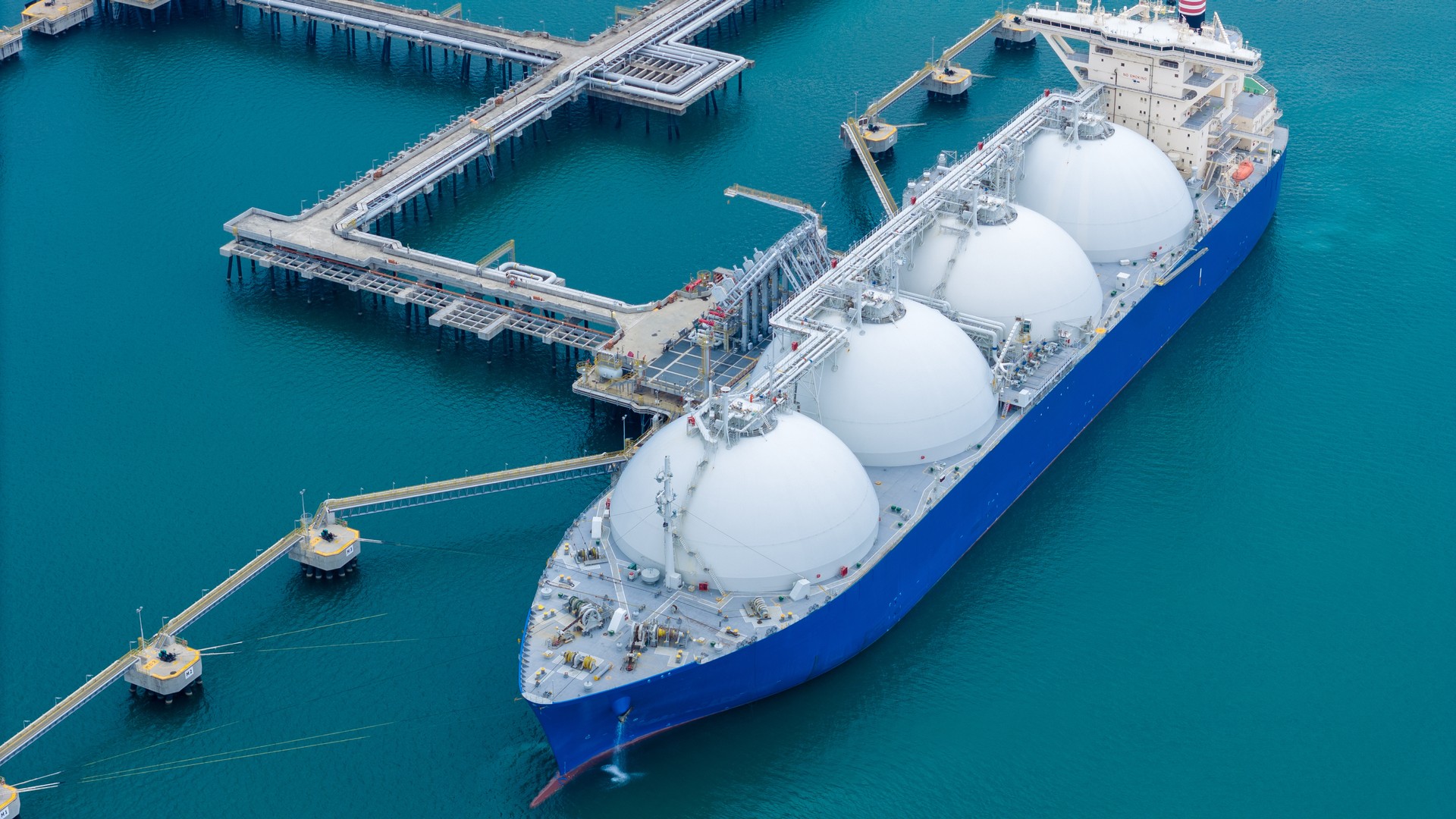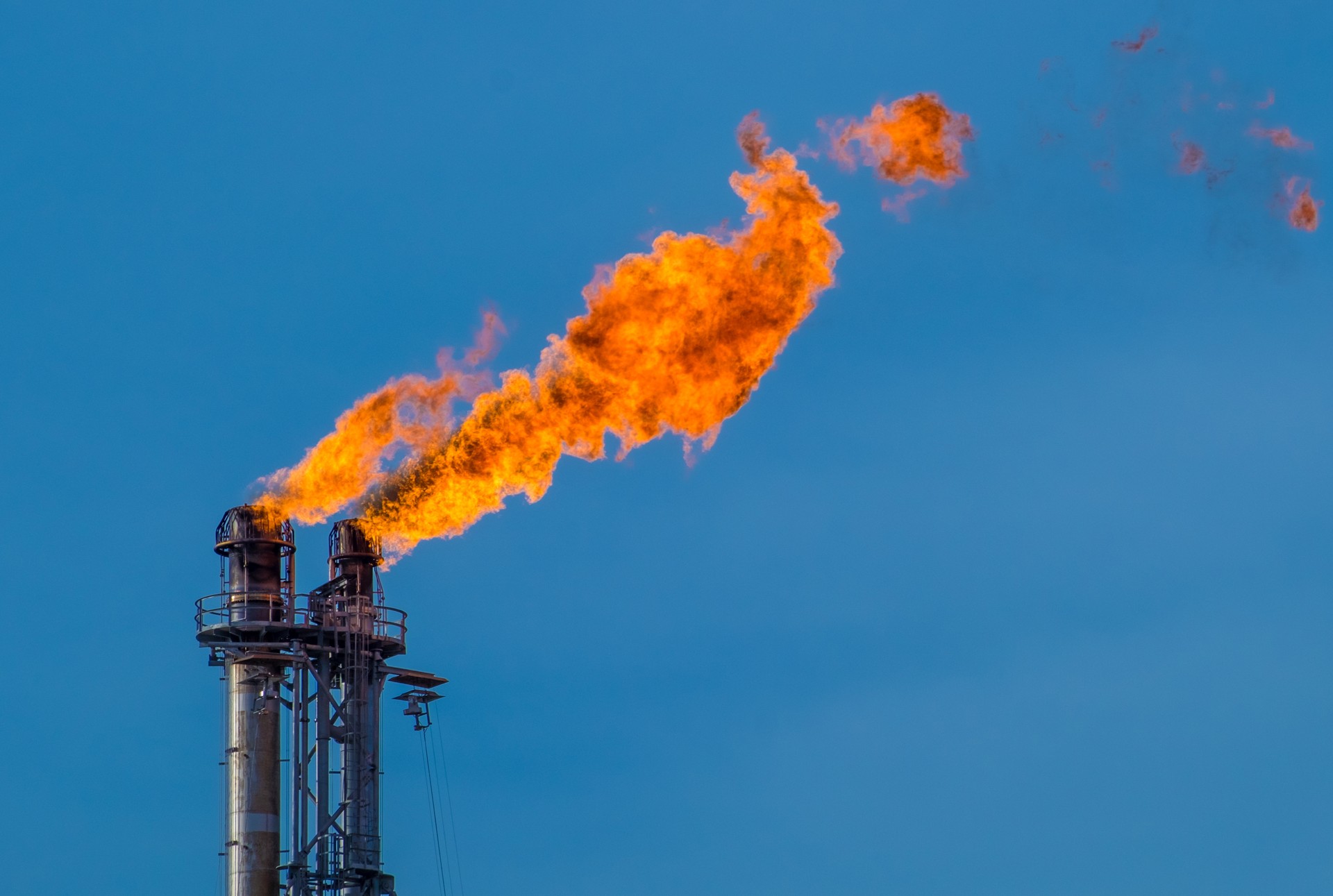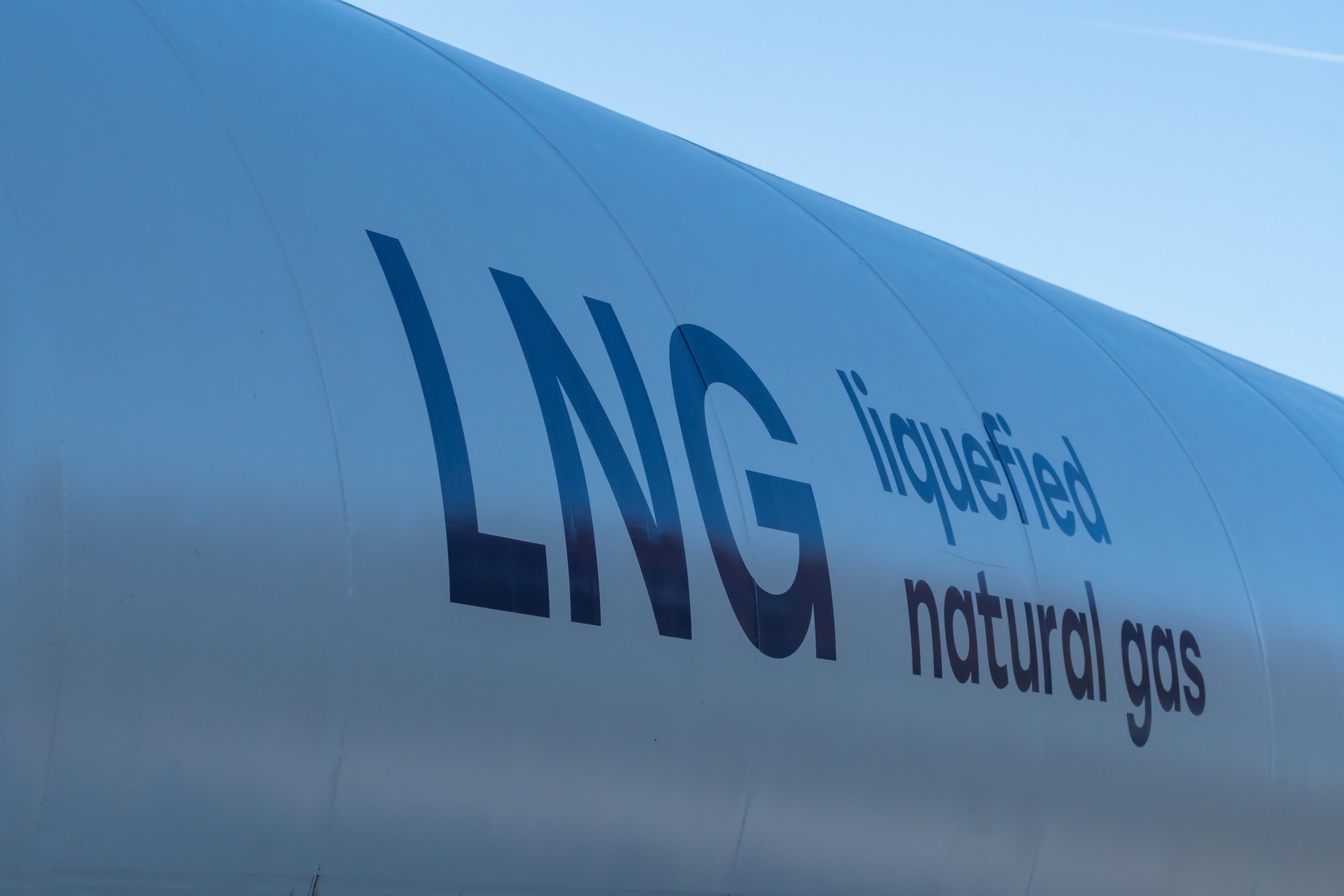
Energy and Natural Resources Minister Alparslan Bayraktar confirmed Iran continues natural gas deliveries to Türkiye despite the ongoing Israeli-Iranian conflict.
Speaking at the St. Petersburg International Economic Forum (SPIEF), Bayraktar addressed energy supply security amid regional tensions.
"Iran is one of the main natural gas suppliers for the Turkish market. They were also a main supplier of oil before. They still supply natural gas. We need this gas," Bayraktar said.

Bayraktar noted Türkiye's substantial energy requirements. "Our demand will probably reach 60 billion cubic meters this year, and 60 billion cubic meters is quite a large amount. We are the fourth-largest gas-consuming country in Europe. Therefore, we need additional volumes to supply this gas to the Turkish market. That's why we are investing," he said.
The minister emphasized the importance of maintaining energy supply diversification during uncertain times in the region.

Bayraktar spoke at a panel titled "Global energy market: Finding balance between producers and consumers" within the SPIEF framework.
He highlighted challenges in ensuring energy supply security at appropriate costs in a region with maximum uncertainties.
"In the last five years alone, after the pandemic, climate and supply chain crises, another war broke out in our region following one war," Bayraktar said.
He explained that different approaches are needed to ensure security in the energy market given these challenges. "Diversification in energy supply also plays a key role for us," he added.
Bayraktar outlined Türkiye's comprehensive energy strategy beyond natural gas imports. "We are fourth in the world in geothermal energy. We still need oil and natural gas. We are also implementing our nuclear energy project in Akkuyu with Rosatom," he said.
The minister announced plans for additional nuclear power plant projects in the Sinop and Thrace regions alongside significant renewable energy developments.
"By 2035, we plan to increase our wind and solar energy capacity fourfold, and at the same time, we want to use our energy effectively. In nuclear, we will increase our capacity to 20 gigawatts by 2050," Bayraktar said.
Bayraktar reported progress in domestic energy production. Natural gas discovered in the Black Sea will provide gas to 4 million households in a short time. A new process will involve shale gas production with American partners.
The minister noted that Türkiye has taken concrete steps in energy in various regions, including Somalia and Nigeria.

Transportation and Infrastructure Minister Abdulkadir Uraloglu separately addressed aviation impacts from the Israeli-Iranian conflict. Iraq, Iran, and Israel airspace remains closed, while other regional countries like Syria open and close their airspace intermittently.
"Currently, Iraq, Iran, and Israel's airspace are closed. As long as the conflict situation continues, these areas will remain closed in terms of civil flight safety," Uraloglu said.
Türkiye provides alternative flight routes primarily through Egypt for aviation operators traveling to regional destinations.
Flight durations have extended due to airspace restrictions, and passenger demand to affected regions has decreased.
"We provide flights for our country's airline operators to that region through appropriate airspace. Flights continue through safe corridors," Uraloglu confirmed.
Uraloglu reported that no active conflicts currently affect maritime routes.
"Turkish-flagged or Turkish-owned ships are being monitored as necessary. There is no serious risk at the moment," he stated.